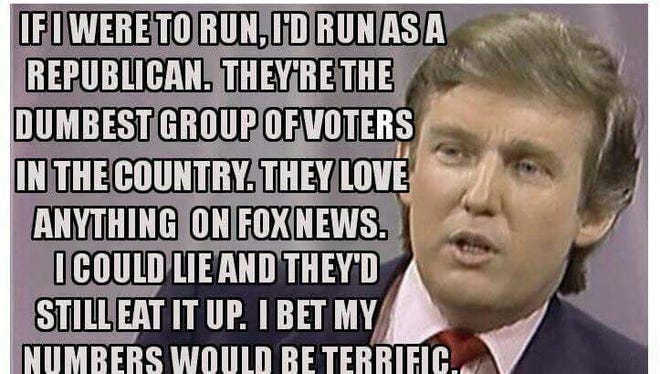The Trickle-Up Effect.
"Or, it is sometimes referred to as the Keynesian economics
in which stimulation is enhanced when the government lowers taxes on
the middle class and increases government spending. The Trickle-Up
Effect is an economic theory used to describe the overall aggregate demand of households and middle-class people to drive and support the economy. The theory was founded by John Maynard Keynes (1883-1946).""Keynesian economists often argue that private sector decisions sometimes lead to inefficient macroeconomic outcomes which require active policy responses by the public sector, in particular, monetary policy actions by the central bank and fiscal policy actions by the government, in order to stabilize output over the business cycle. Keynesian economics advocates a mixed economy – predominantly private sector, but with a role for government intervention during recessions."
In other words,
if you leave it up to the private sector alone,
there would have been another
Great Depression
not just a
Great Recession.
(2008)
not just a
Great Recession.
(2008)
The Federal Government had to bail out
The Auto Industry,
The Housing Market,
The Banking System,
and that is to name a few of businesses they have helped in recent years.
"Keynesian economics served as the standard economic model in the developed nations during the later part of the Great Depression, World War II, and the post-war economic expansion (1945–1973). The advent of the financial crisis of 2007–08 caused a resurgence in Keynesian thought, which continues as new Keynesian economics.
In theory, if the interest rate at which businesses and consumers can
borrow is decreased, investments which were previously uneconomic become
profitable, and large consumer sales which are normally financed
through debt (such as houses, automobiles, and, historically, even
appliances like refrigerators) become more affordable. A principle
function of central banks
in countries which have them is to influence this interest rate through
a variety of mechanisms which are collectively called monetary policy.
This is how monetary policy which reduces interest rates is thought to
stimulate economic activity, i.e. "grow the economy," and why it is
called expansionary monetary policy."
In contrast;
"Trickle-down economics is a rhetorical term used to criticize free market economics.
No economist has ever supported trickle-down economics, which is the
idea that giving the wealthy tax breaks will encourage them to spend
more, and so this wealth will "trickle down" to the less wealthy."
Thank you
There are always two sides to every argument.
Just don't blow off what I am saying here
and not research the facts for yourself.
Some people will always believe what they are told,
even if there is proof against it.
I have one friend who will vote for
Donald Trump
because,
as he puts it,
"I don't want to waste my vote."
As far as I can tell,
he always votes Republican no matter what.
I have a
Brother-In-Law
who always votes against the
Incumbent,
even when they are a
Honest Politician.
Stating,
"Nobody should be in Office longer than Four Years."
He uses this policy from voting for the
President
down to the
Local School Board Official.


This is,
In My Opinion,
Those Two People Wasted Their Vote,
Jim Hauenstein,
And,
“Through
clever and constant application of propaganda, people can be made to
see paradise as hell, and also the other way round, to consider the most
wretched sort of life as paradise.”
- Adolf Hitler -
- Adolf Hitler -
That is my story and I am sticking to it!
Like what you are reading?
Like what you are reading?
Sign up as a Follower,
or leave a Comment.
If it's worthy enough,
I'll answer you in a Post.
Thanks for reading.
Be Kind To Everyone.
I'll Be Seeing You.


No comments:
Post a Comment